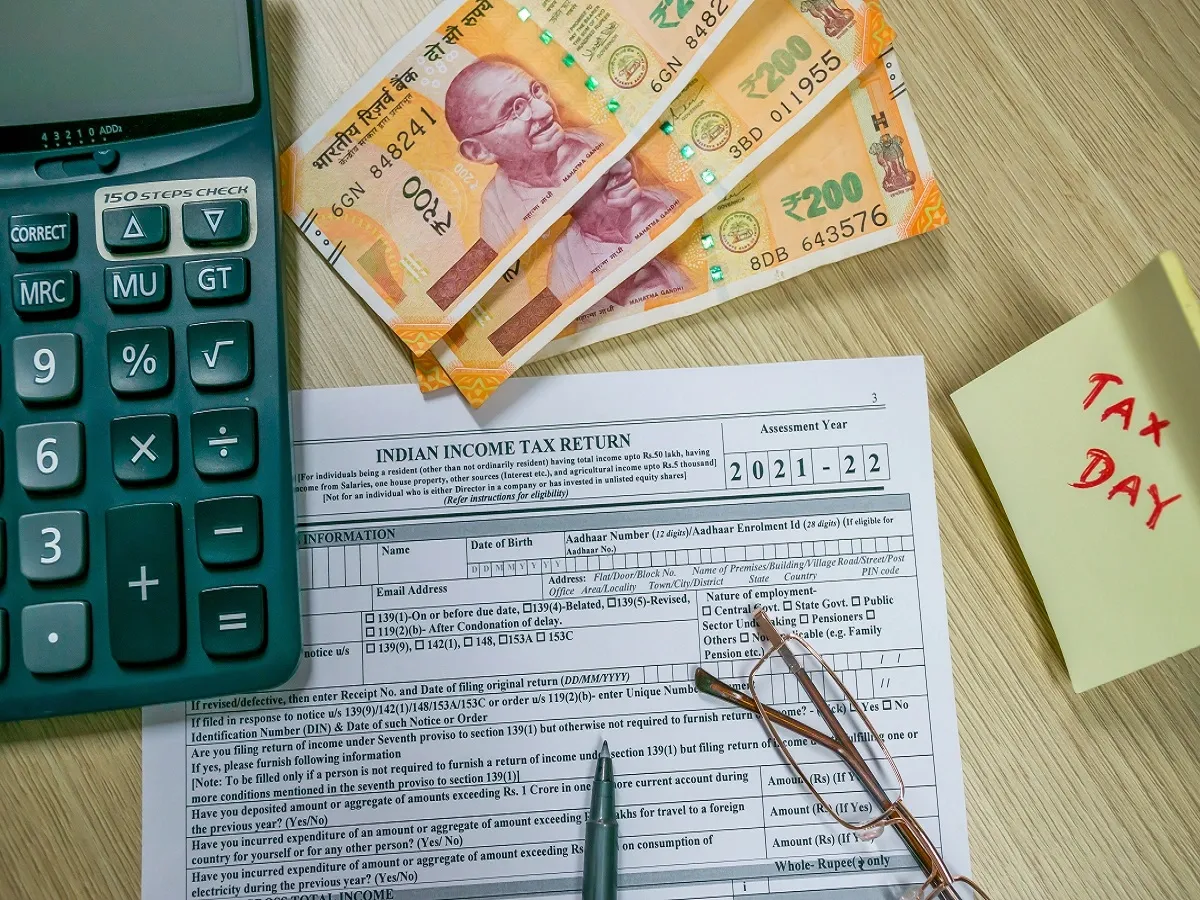Personal Finance News
ITR for FY24 filed in July-end? E-verify your tax returns before deadline ends
.png)
3 min read | Updated on August 22, 2024, 17:12 IST
SUMMARY
E-verification or electronic verification is required to be completed within 30 days of filing the ITR. The process acts as a digital signature, confirming the legitimacy of the return filed by a taxpayer.

The last date for individuals to file their ITR was July 31, 2024
Taxpayers who filed their income tax returns (ITRs) for financial year 2023-24 (FY24) in July-end, days before the deadline expired, are required to e-verify their returns if not already done.
E-verification or electronic verification is required to be completed within 30 days of filing the ITR. The process acts as a digital signature, confirming the legitimacy of the return filed by a taxpayer.
Since the deadline for filing the ITR for FY24 or assessment year 2024-25 was July 31, a number of taxpayers rushed towards the end of July to submit their returns.
The Ministry of Finance, in a release issued earlier this month, said the filing of ITRs peaked on July 31, when a total of 69.92 lakh tax returns were filed.
The e-filing portal also observed its highest per hour rate of 5.07 lakh of ITR filing between 07:00 pm to 08:00 pm on July 31, it added.
How to e-verify the ITRs?
Normally, the e-verification takes a few minutes, and is usually completed by taxpayers immediately after filing their returns. However, if one defers this process, then the same could be completed within 30 days from submitting the ITR. Here's a look at the various options for e-verification:
- The taxpayer can complete the e-verification by opting to receive a one-time password (OTP) on his/her Aadhaar-registered phone number.
- The electronic verification code (EVC) generated through the pre-validated bank accounts could also be used for completing the e-verification.
- One can also complete the e-verification process using the EVC generated through your pre-validated demat account, or EVC through ATM (offline method), or using net banking or digital signature certificate (DSC).
A failure to e-verify the returns within 30 days of filing would lead to the rejection of the ITR. In such cases, the taxpayer may have to file a belated ITR, on which a late-fee would be levied.
Those who have missed the ITR filing deadline can still file belated tax returns till December 31, 2024. However, a late-filing fee of ₹1,000 will be imposed for filing returns on annual income of less than ₹5 lakh, and a fee of ₹5,000 will be charged if the annual income exceeds ₹5 lakh.
About The Author
Next Story

